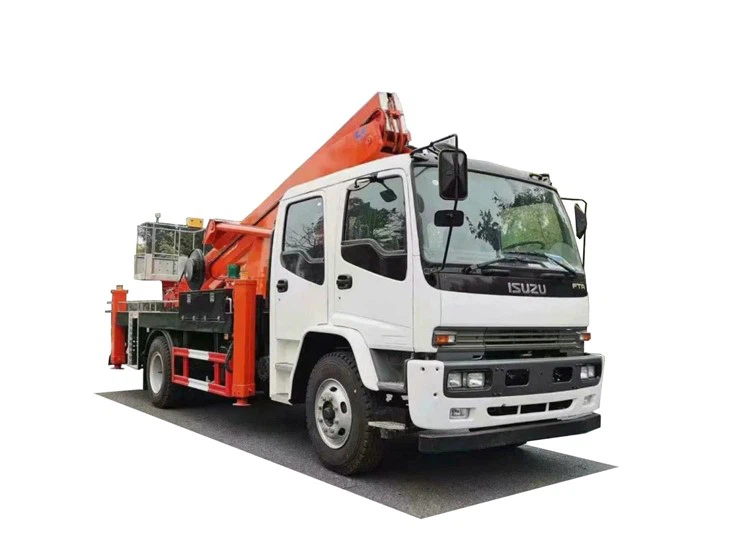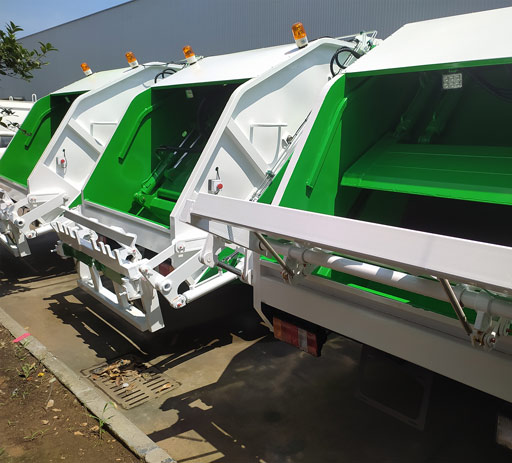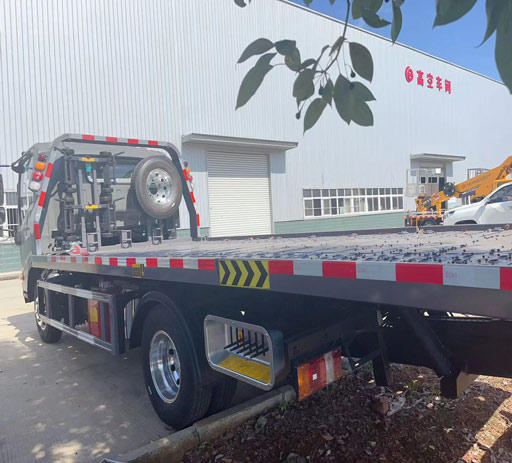Everything You Need to Know About Truck Brooms

Truck brooms are essential tools for maintaining cleanliness and safety on roadways, construction sites, and large outdoor areas. Whether you’re in the business of road maintenance, landscaping, or any other sector where keeping surfaces clean is paramount, understanding the functionality and types of truck brooms can enhance both efficiency and effectiveness.
What is a Truck Broom?
A truck broom is a specialized attachment often used with trucks and heavy machinery to sweep and clean different surfaces. These brooms are equipped with rotating bristles that can collect dirt, debris, and other unwanted materials. They are versatile and can be utilized in various applications, including street cleaning, snow removal, and general debris collection.
Types of Truck Brooms
1. Mechanical Brooms
Mechanical brooms are driven by the vehicle’s power take-off (PTO), providing a reliable and efficient method of cleaning surfaces. They often feature rotating brushes that sweep debris into a collection bin.

2. Vacuum Brooms
Vacuum brooms integrate a suction system that not only sweeps the surface but also collects the debris inside a contained system. This type is beneficial for picking up fine dust and small particles that mechanical brooms might miss.
3. Rotary Brooms
Rotary brooms consist of a series of bristles arranged on a revolving shaft. They are ideal for heavy-duty cleaning tasks like road maintenance and construction site cleanup.
4. Sweepers with Water Systems
These brooms utilize water sprays to suppress dust while sweeping. This function is vital for dust control in urban areas during dry weather conditions.
Benefits of Using Truck Brooms
1. Enhanced Productivity
Truck brooms can cover large areas quickly, significantly reducing the time and labor involved in manual sweeping.
2. Cost-Effective Maintenance
Investing in a truck broom can lead to savings over time by minimizing the need for additional cleaning staff or equipment while ensuring reliable cleaning performance.
3. Improved Safety
Regular use of truck brooms can help maintain safer driving and walking conditions by keeping roads and pathways clear of debris.
4. Versatile Applications
From street cleaning to construction site maintenance, truck brooms can be adapted for various uses, making them invaluable for multiple industries.
Choosing the Right Truck Broom
1. Consider Your Application
When selecting a truck broom, think about where and how you will use it. Different environments require different broom specifications.
2. Size and Compatibility
Make sure to choose a broom that is compatible with your truck model. Size can affect both functionality and maneuverability.
3. Brush Material

Brushes come in several materials, including polypropylene and steel. The choice should be based on the type of debris you expect to encounter.
4. Maintenance Requirements
Understanding the service requirements for your selected broom is crucial to maintain its longevity and performance.
Buying and Renting Options
1. Where to Buy Truck Brooms
Truck brooms can be purchased from specialized industrial equipment dealers, online marketplaces, and even from manufacturers directly.
2. Rental Services
If you have a one-time project or are just starting out, renting a truck broom may be more economical. Many equipment rental companies offer this service.
Practical Tips for Operating Truck Brooms
1. Regular Maintenance
Keep your truck broom in top condition with regular checks on brushes, belts, and motors. This will maximize performance and extend the life of the equipment.
2. Observe Local Regulations
Always be aware of and comply with local regulations regarding debris collection and road cleaning practices, especially in urban areas.
3. Train Operators
Ensure that all operators are properly trained on how to use the truck broom effectively. This includes pre-operations checks, operational procedures, and safety protocols.
Common Issues to Watch Out For
Operators should be trained to recognize typical problems, such as brush wear and tear, clogs in the suction mechanism, and hydraulic issues.
Case Studies: Truck Brooms in Action
1. Urban Street Cleaning
In a metropolitan area like Chicago, truck brooms are utilized daily to maintain cleanliness on busy streets. By employing a combination of mechanical and vacuum brooms, city workers keep sidewalks and roads free from litter and debris, enhancing public safety and aesthetics.
2. Construction Site Cleanup
On a construction site, rotary brooms play a crucial role in clearing dust and material remnants after project completion. This not only prepares the area for subsequent tasks but also maintains a safe working environment.
Environmental Impact of Truck Brooms
1. Dust Control
Many modern truck brooms come equipped with water systems that minimize airborne dust, which is especially important in urban settings. This contributes to better air quality and less impact on the environment.
2. Recycling and Waste Management
Using truck brooms for street cleaning helps to collect recyclable materials, facilitating better waste management practices within communities.
Truck Broom FAQs
1. How often should I use a truck broom?
The frequency of use depends on the environment and level of debris. Generally, high-traffic areas require daily or weekly cleaning.
2. Can I use a truck broom in the winter?
Yes, some truck brooms are designed specifically to handle snow and ice, making them versatile year-round tools.
3. What is the average lifespan of a truck broom?
With proper maintenance, truck brooms can last anywhere from 5 to 10 years, but this can vary based on usage and conditions.
4. How do I maintain my truck broom?
Regularly check the brushes for wear, clean filters and bins, and perform routine machine servicing to ensure optimal performance.
5. Are there special licenses required to operate truck brooms?

Licensing requirements can vary by location. It’s important to check local regulations regarding machine operation.
6. What type of truck is best for installing a broom?
Medium to heavy-duty trucks (usually one-ton trucks and larger) are best suited for truck broom attachments due to their power and carrying capacity.
